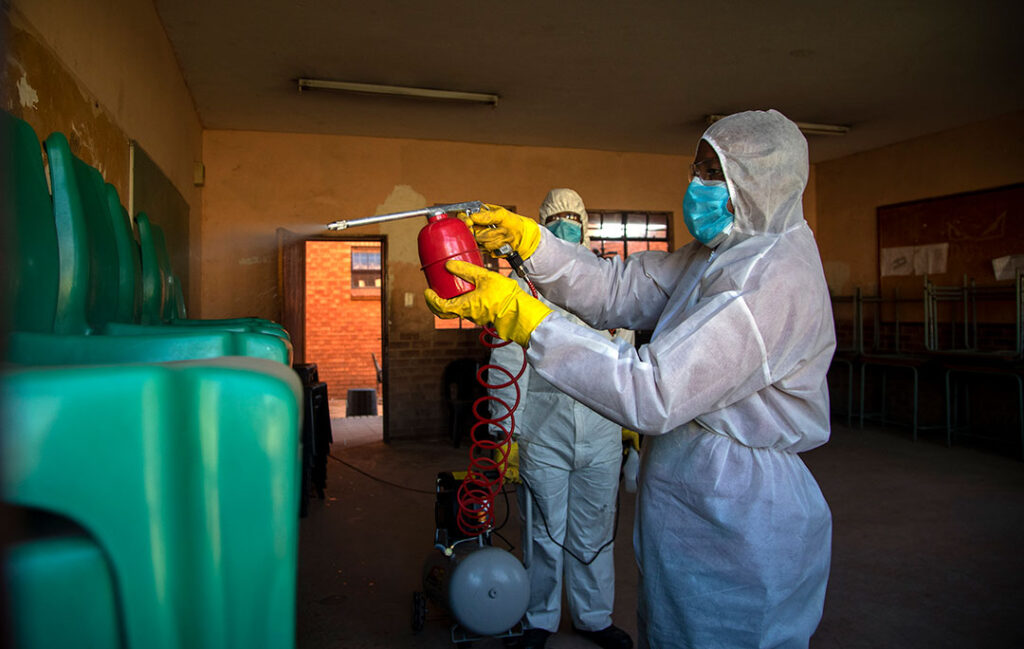ADF STAFF
With the release of tens of thousands of coronavirus studies, the United States is helping experts worldwide use artificial intelligence to find a cure for COVID-19.
The COVID-19 Open Resources Dataset (CORD-19) was released in March. Since then, experts have downloaded CORD-19 data 54,000 times and developed more than 1,000 text and data-mining tools that use artificial intelligence (AI) to efficiently process the new information.
The free resource was released in partnership with U.S. –based academic publishers and technology companies and includes a database of more than 128,000 peer-reviewed articles and preprints, including studies of virology and coronaviruses dating back decades. One of the most immediate benefits to scientists, academics and technologists is the ability to use AI to find the right information among countless scientific papers which will speed up research in the race to find a COVID-19 cure.
The dataset is believed to be the most extensive collection of its kind, according to a report by statnews.com, a health news website. Because the data is machine-readable, it is easily processed by a computer which helps AI specialists.
The worldwide pandemic started in Wuhan, China, late last year. It is believed to have originated in a “wet market,” where wildlife is sold and slaughtered on-site. COVID-19, the disease caused by the new coronavirus, has sickened more than 6.2 million people and killed nearly 375,000 around the world.
In Africa, there have been more than 142,000 confirmed cases and more than 4,000 deaths. South Africa has been the hardest-hit African country, with more than 30,000 cases and more than 640 deaths.
African scientists are stressing the importance of studying and sequencing the unique genome of the COVID-19 strain on the continent. Although it is similar to the virus in other parts of the world, mutations by region can affect a vaccine’s effectiveness.
Scientists encountered this problem years ago during development of a rotavirus vaccine. Insufficient data from Africa meant the vaccine worked better in Europe and North America than on the continent. Studies of COVID-19 in Africa could help avoid this problem.
“Vaccines are usually developed based on the available pools of sequence data. Therefore, little or no data for Africa amounts to poor or no representation at vaccine development,” Dr. Moses Olubusuyi Adewumi, a virologist at the College of Medicine at the University of Ibadan, Nigeria, told Quartz. “If Africans fail to generate essential data and make such available, we’ll possibly suffer the same fate as with Rotavirus vaccine.”

